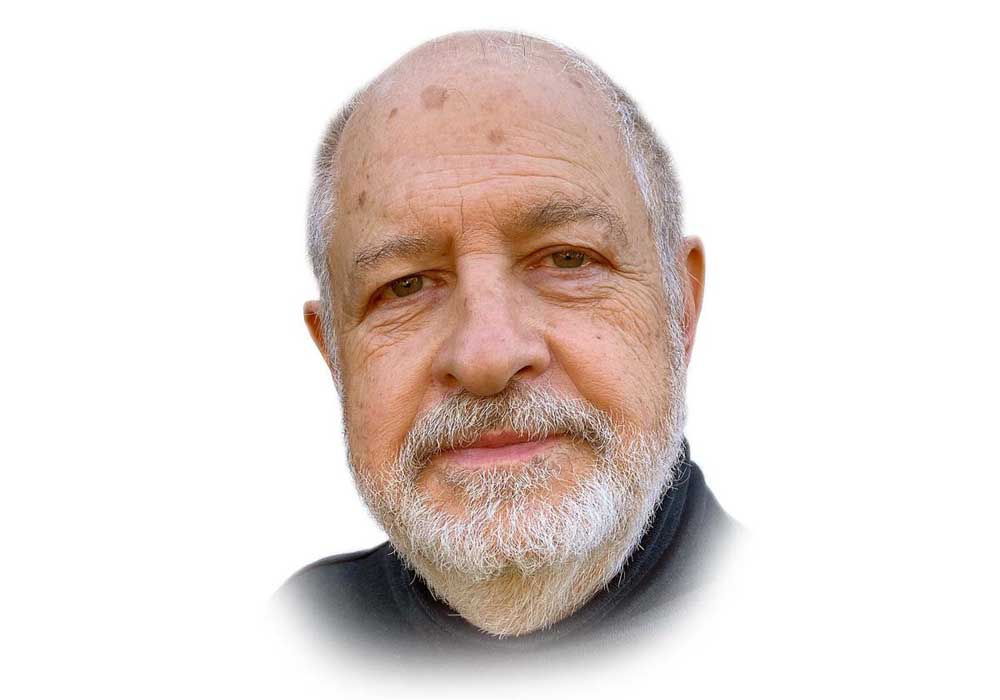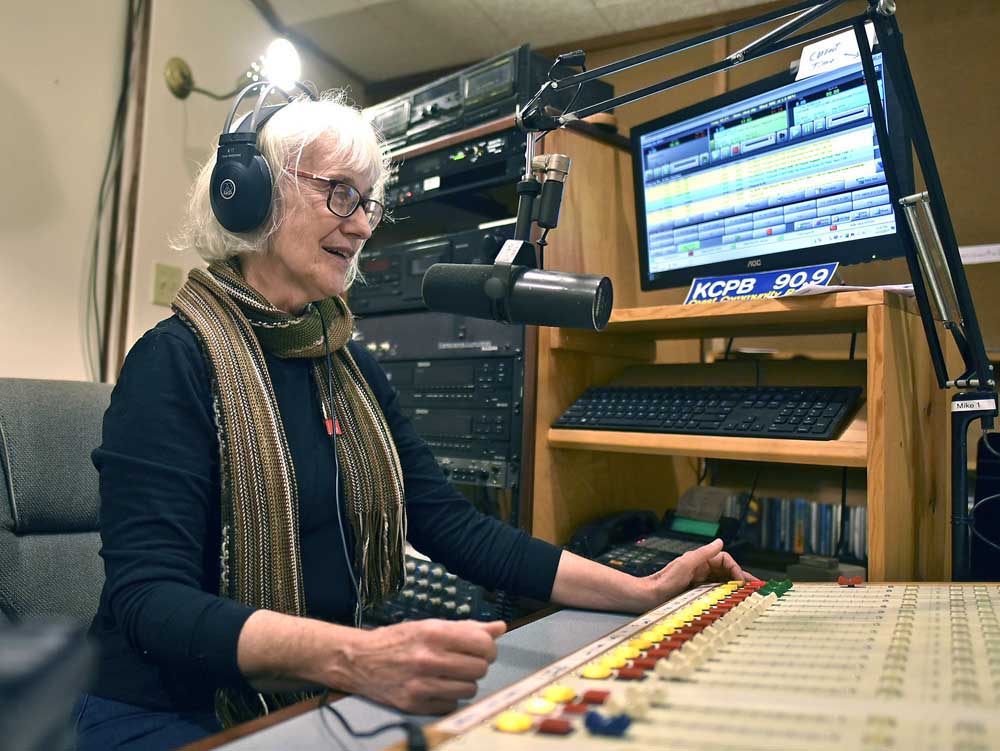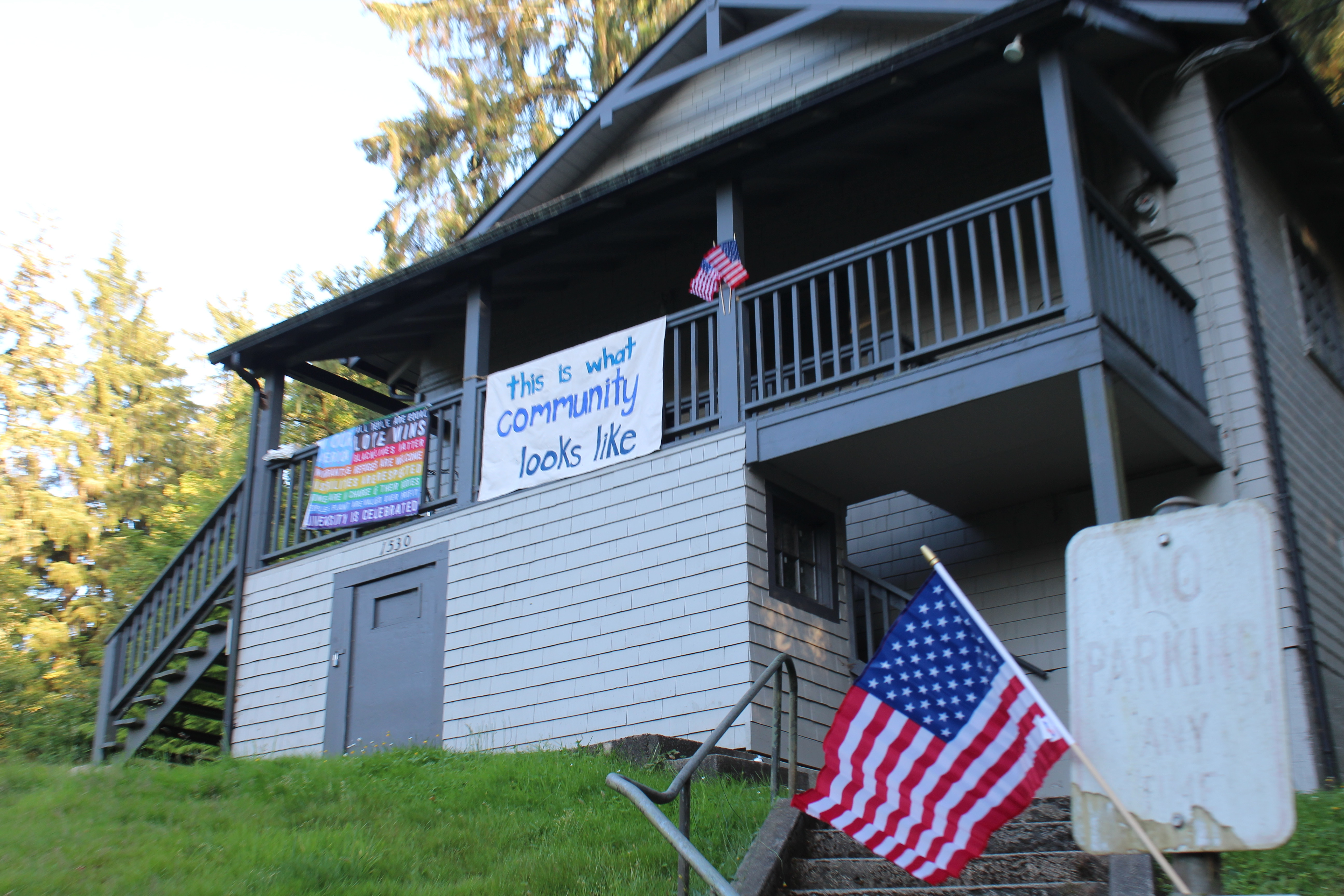Guest Column: Volcanic disaster sparked effective bipartisan efforts
Published 12:30 am Saturday, May 28, 2022

- Andre Stepankowsky
I’ve always called out anyone who says they will “celebrate” the great eruption of Mount St. Helens, which blasted into the life of southwest Washington state 42 years ago.
Trending
One does not take joy in the deaths of 57 people, the destruction of forests, roads, bridges, homes and, for a long time, our area’s prosperity and peace of mind. We should mark the occasion with sadness and reflection about our losses and what we learned from the experience.
But in today’s supercharged political environment, there is one aspect of the volcano story worth celebrating: the bipartisan political response to the eruption.
Bipartisanship within the Northwest congressional delegation, the Washington Legislature and local officials enabled this community to get its volcano-silted rivers dredged, Spirit Lake stabilized, roads and bridges replaced and the 110,000-acre Mount St. Helens National Volcanic Monument established and developed into an international tourist attraction.
Trending
We need to rekindle that spirit, and in a minute I’ll tell you about a budding local effort to restore civility and cooperation in local public discourse. But first, a little relevant history in honor of the day.
The late U.S. Sen. Warren Magnuson, a Washington state Democrat, engineered a $1 billion volcano disaster relief bill a month after the mountain blew. “Maggie” was known as a consummate pork barreler who steered lavish amounts of federal money to his home state. When others objected, Maggie pulled no punches: “I believe in fairness. The rest of the country gets its share, and Washington gets the other half,” he mirthfully told the critics.
He was voted out of office in the 1980 GOP wave that swept Ronald Reagan into office. The new White House administration was loath to pay for continued volcano-related flood control and concocted harebrained schemes to put off dealing with the eruption disaster. David Stockman — President Reagan’s budget director — infamously told a delegation of local officials that it was more important to balance the federal budget than protect lives and property along the Cowlitz River.
Nevertheless, the Northwest congressional delegation worked across party lines. Members of both parties worked with U.S. Sen. Mark Hatfield, an Oregon Republican who succeeded Magnuson as Senate Appropriations Committee chairman, to get around the administration’s opposition.
Then the White House balked at creating the national monument. Republican U.S. Sen. Slade Gorton, who defeated Magnuson in 1980, worked with southwest Washington Congressman Don Bonker, a Democrat, and Washington Gov. John Spellman, a Republican, to craft monument legislation that Congress passed without any objection.
These are just two examples of extensive bipartisan cooperation that boosted efforts to respond to the disaster and turn the mountain, once again, into a community asset.
If the two parties could pull together back then, why can’t they do so today? A number of factors no doubt made political teamwork easier back then: the dramatic, worldwide attention of the disaster; the volcano’s continued instability (it often perked up when major decisions loomed); the lack of compelling philosophical differences on volcano issues; and politicians’ thirst to get credit for “feel good” causes.
Today, of course, so many other realities drive the parties apart and prevent the nation from addressing serious problems. A few of them are the rise of tribal or identity-group politics; increasing religious and ethnic diversity; the rise of social media platforms; political gerrymandering; the complexity of so many problems; income disparity; the outsized influence of extremists in both parties; the decline of journalistic objectivity; and, let’s be honest, the lust to win and keep power at almost any cost of decency and even legality.
We’ve had a sea change in politics over the last 40 years that make civil debate difficult. We need to listen to the words of former southwest Washington State Sen. Joe Zarelli, a Republican. He represented some of southwest Washington in the 1980s. He used to say that it is acceptable to disagree and argue, but politicians are obligated to argue toward achieving solutions, not creating discord.
State Rep. Ann Rivers, a Clark County Republican, recalled Zarelli’s words recently during a meeting of a group of local people, including myself, who have embarked on a project to encourage civil dialogue about local issues, such as homelessness and public safety. Besides Rivers and myself, our group includes former Longview Mayor George Raiter, retired Cowlitz Superior Court Judge Stephen Warning, former Lower Columbia CAP (Community Action Program) official Alan Rose and Lower Columbia College’s Vice President of College Relations Wendy Hall. The idea is driven by the reality that we live in a polarized and divided time, and there is an urgent need for rational and constructive dialogue.
We’re still developing the framework for a series of panel discussions to start in August and conclude before the November election. Many people we’ve approached are excited about the idea, but others have said, in effect, “good luck.”
But our democracy — and solutions to critical problems — depend on bipartisan cooperation. A lot can be accomplished if one cares not who gets the credit and is willing to work with the opposition. Politicians should be judged in part by their willingness to reach across the aisle — not for how much hatred or venom they spout. Today, there are too many flamethrowers holding or seeking public office.
Thank goodness for this area that our leaders at the time recognized the need to work together when Mount St. Helens blew.









